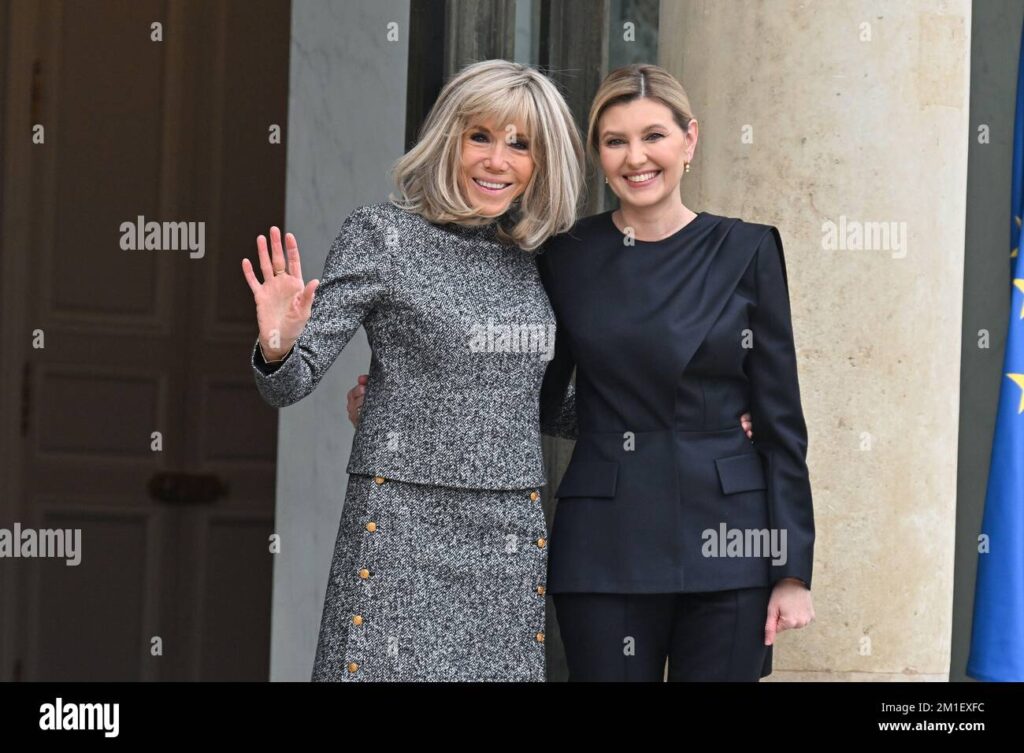
Introduction
Brigitte Macron, the wife of French President Emmanuel Macron, plays a significant role in both the political landscape of France and its cultural environment. As First Lady, her initiatives and public engagements offer insights into contemporary issues faced by society, including education, women’s rights, and mental health. Understanding her contributions helps in comprehending the broader context of France’s current socio-political dynamics.
Background and Early Life
Born Brigitte Trogneux in 1953 in Amiens, France, she had a career in education before meeting Emmanuel Macron, who was her student at the time. Their relationship, which garnered public attention due to their age difference—she is 24 years older than him—has evolved into a partnership that plays a significant role in her husband’s political career. Since Emmanuel Macron’s presidential campaign in 2017, Brigitte has been an active participant, using her position to advocate for various causes.
Key Contributions and Initiatives
Brigitte Macron’s prominence as First Lady includes her involvement in several initiatives focusing on education and social issues. She has been vocal about her commitment to improve educational frameworks, particularly regarding the integration of special needs students in mainstream schools. Moreover, Brigitte’s focus on mental health awareness has led her to work alongside various organizations aimed at destigmatizing mental health issues in France. Recently, she founded the ‘Mécénat Chirurgie Cardiaque’ initiative to support children in need of heart surgery, reflecting her dedication and compassion.
Impact on French Society
Brigitte Macron’s presence within the French public sphere has had a dual effect. On one hand, she embodies a modern and progressive image of womanhood, contributing to transforming traditional gender roles. Her influence transcends the political arena as she is viewed as a supporter of cultural and social reform, creating a significant impact on public opinion regarding women’s empowerment.
Conclusion
As France navigates complex issues in the socio-political landscape, Brigitte Macron’s role as First Lady continues to evolve. Her engagements not only shape her husband’s presidency but also offer a nuanced perspective on the changing dynamics of French society. Observers predict that her influence is likely to expand in the coming years, especially as France faces new challenges. Brigitte Macron stands as a testament to the potential of dynamic leadership that addresses both national policy and societal changes.



